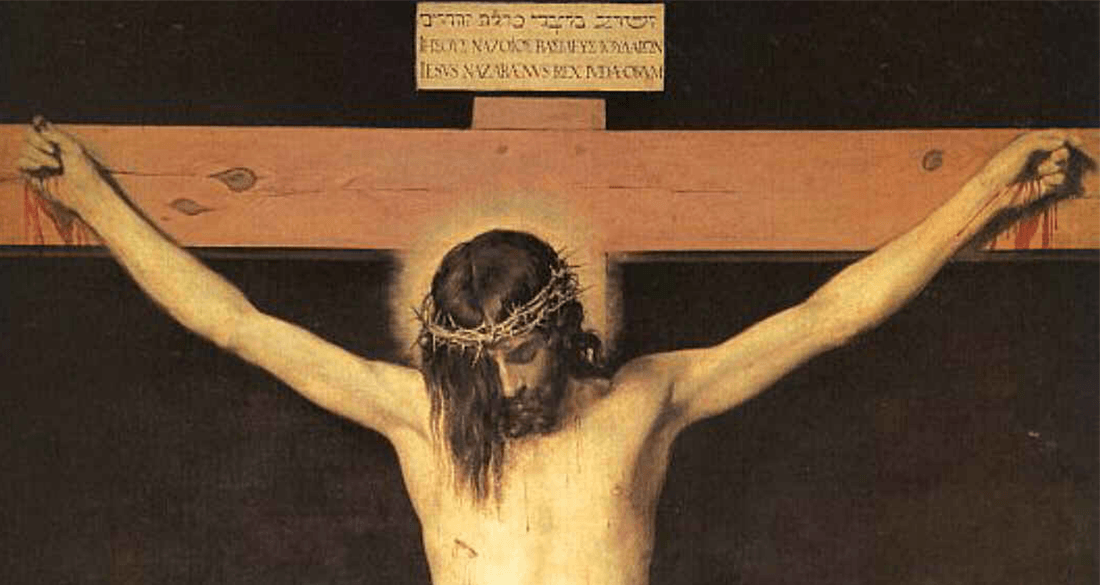
The
story I’m relating below is a true story told to me in written form by the late
Frank Wayne Martin[i],
one of the most remarkable people I’ve ever known and one of my parishioners
when I served as vicar at Grace Lutheran in Yorktown Heights, NY in 1996-7.
Wayne wrote this story of his youth and sent it to me shortly after I became
pastor of Faith Lutheran, Philadelphia in 1998. I read it as my Christmas Eve homily
in 1999. I have, alas, since lost Wayne’s manuscript, and he is no longer
around to replace it for me. I fear I may be unclear on some of the facets of
the story, and may be prone to remember some incorrectly or neglect others. Nevertheless,
I think I have the main points of the tale correct.
It was during the Great Depression, and
Wayne was a boy of twelve or so. He was an only child, growing up in beautiful Vermont
when the first tragedy of his life came calling. His father, a veteran of the
Great War, had developed a heart condition believed to be the result of
over-exertion during deployment. This cut his life short and left Wayne an
orphan and his mother a widow. It also left the surviving Martins somewhat destitute
in those days before the New Deal provided the social safety nets upon which we’ve
come to rely in our time.
The death of a parent is devastating
enough to a child; however, the loss of the family provider also meant a
curtailing of non-essential expenses. I imagine it must’ve been very hard on
Mrs. Martin to tell her son there would be a very limited Christmas that year. There could
be no bonanza of gifts under the tree. In fact, as Christmas trees cost money,
there could be no tree.
To young Wayne, this simply wasn’t right.
It wouldn’t be Christmas without a Christmas tree. The youngster determined to
put this situation to rights. With a knack for problem-solving which would
serve him well in later adult life, Wayne approached the local man who sold
Christmas trees and made this proposition: he would work for the man after
school and on weekends during the Christmas season without pay. The only
recompense he asked was to be given any unsold tree leftover at
close-of-business on Christmas Eve. The man, who, in those belt-tightened days
of the Depression could not afford to pay an assistant, eagerly accepted the
boy’s offer.
So Wayne went into the Christmas tree
business. As trees were sold off the front of the lot, the boy would haul fresh
trees up from the back. He assisted customers by tying trees to their cars or
carts or dragging them home through the icy streets. Perhaps he received a few
pennies in tips for his efforts. The tree man liked Wayne, and would put him in
charge of the cash box when he took a break to have dinner at a local lunch
counter.
A few days before Christmas, Wayne’s boss
told him that, as business had slowed considerably, he would no longer require
an assistant. Wayne’s “pay” was waiting for him in the back of the lot. The boy
discovered that his “employer” had reserved for him one of the biggest and
fullest of the trees.
Wayne dragged the gigantic tree home over
the snowy sidewalks, anxious to delight his mother with his prize. Mrs. Martin
was amazed by the beautiful tree and ran to the attic to get her box of tree
ornaments and decorations. Mother and son sang carols as they trimmed the
massive pine. When they had finished, they stopped and admired their work and
placed the few presents they could afford under the boughs. Wayne had saved his
tip money to buy a box of face powder for his mother. He had also purchased a
small catnip mouse for the family cat. Mrs. Martin, knowing her son’s interest
in art, bought him a set of colored drawing pencils. This set would become a
prized possession, used carefully and sparingly for years afterwards, and even
made it into the backpack Wayne carried as a forward observer in Patton’s 3rd
Army.
Unfortunately, the three small gifts
seemed rather puny and humble beneath the limbs of the magnificent tree. Mrs.
Martin had an idea. She had plenty of wrapping paper left over from more
affluent Christmas’ past. She and Wayne gathered up everything they could find—soap
flakes, breakfast cereal, old cigar boxes filled with buttons and thread, the
telephone directory, books off the shelf. Anything. These they wrapped in the
festive paper and placed under the tree until it looked as if Santa’s pack had
split open at the Martin’s house.
On Christmas morning, the Martins
celebrated just as they had done when Mr. Martin was with them. The mother and
son used their fantastic imaginations to explain the origins of the unusual “gifts.”
“This is for you,” Mrs. Martin said as she
handed Wayne a parcel to unwrap. “It’s from President Roosevelt.”
Wayne tore off the paper. “Oh boy! Kellogg’s
Corn Flakes! Just what I wanted. How did he know..?!”
By the following Christmas, Wayne and his
mother had gone to live with relatives. The subsequent years would be less
stressful, the Christmas gifts more abundant. Nevertheless, Wayne maintained
for the rest of his life that no other Christmas—with the possible exception of
one spent in Belgium during the Battle of the Bulge—was ever as meaningful or
as memorable as the one he spent alone with his mother the year his father died.
I think sometimes that the beauty of
Christmas is in its poverty, not its excess. God chose to come to an unwed teen
mother who would find herself homeless at the time she gave birth. God
announced this birth to the poorest and most despised of peasants, the shepherds.
The boy born to be the Prince of Peace would soon find himself a refugee in
Egypt. The prophet hailed as Messiah on Sunday would be rejected in favor of another
by Friday. The teacher who healed the sick would die a criminal’s death on the
cross.
And yet that same despised peasant would
rise again, and his followers, frightened working-class, uneducated peasants, would find the strength to change the world. Sometimes it’s in the moments when
we have the least that we discover God has given us so much.
Merry Christmas, my dears!
[i] I
recommend any serious student of history check out Wayne’s WWII memoirs, Patton’s Luck Scout, published by
Crickhollow Books. Wayne Martin died in 2010 shortly after the book was
published. You can read more about him at https://luckyscout.wordpress.com/about-the-book/





